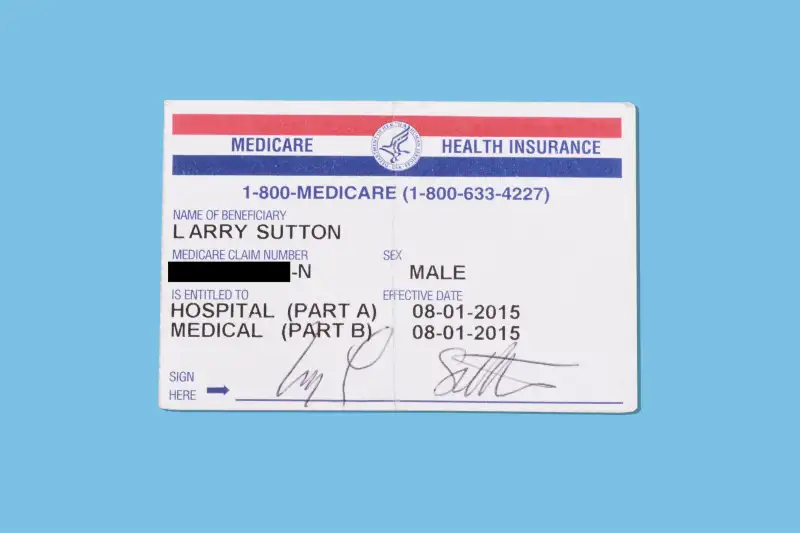Medicare Is Finally Fixing a Major Identity Theft Risk

It’s been years since Social Security numbers have appeared on drivers licenses or private health insurance cards, yet the government still uses these nine sensitive digits as the main identifier for the nation’s nearly 58 million Medicare recipients. This will finally start to change next spring, when Medicare is slated to begin sending out new cards that replace the Social Security number with a randomly generated beneficiary identifier.
On Tuesday, the Centers for Medicare and Medicaid Services announced an outreach campaign to help healthcare providers get ready for the change.“We’re taking this step to protect our seniors from fraudulent use of Social Security numbers which can lead to identity theft and illegal use of Medicare benefits,” said CMS Administrator Seema Verma in a statement.
The government will begin sending out new cards next April, with all cards replaced by a congressional deadline of April 2019. Why the long lead time? Medicare is a big, complex bureaucracy, and replacing the cards is expensive: Officials estimated in 2011 that replacing the cards would cost between $812 million and $845 million.
“It’s definitely going to be a welcome change,” says Amy Nofziger, fraud expert with AARP Fraud Watch Network. A Social Security number is a key piece of information that a fraudster could use to open credit cards in your name or otherwise take advantage of your identity--so it should be closely guarded, not carried around in your wallet.
While doctors and hospital offices may need to create new procedures for the new cards, the transition should be simple from the beneficiary’s point of view: Just cut up your old card and replace it with the new one, Nofziger says.
Fraudsters will likely take advantage of confusion around the transition. Beware of scammers pretending to be with Medicare and demanding that you disclose your personal information or lose your benefits, Nofziger cautions. The government would never make such a threat, nor would Medicare officials ever call, email or text people asking for personally identifying information.
Beneficiaries can take steps to protect themselves until they get their new cards. Contrary to popular belief, you don’t need to carry your Medicare card with you at all times, says Robert Siciliano, CEO of IDTheftSecurity.com. While you may need to bring the original card to your first appointment with a new doctor, for many purposes you could show healthcare providers a picture of your card taken on your password-protected smartphone, Siciliano says.
Your partner or a trusted friend could also have a photo of your card on his or her phone, for those medical emergencies when you might not be able to speak for yourself. And if you really do wind up in the emergency room unaccompanied, you can always provide your insurance information later.